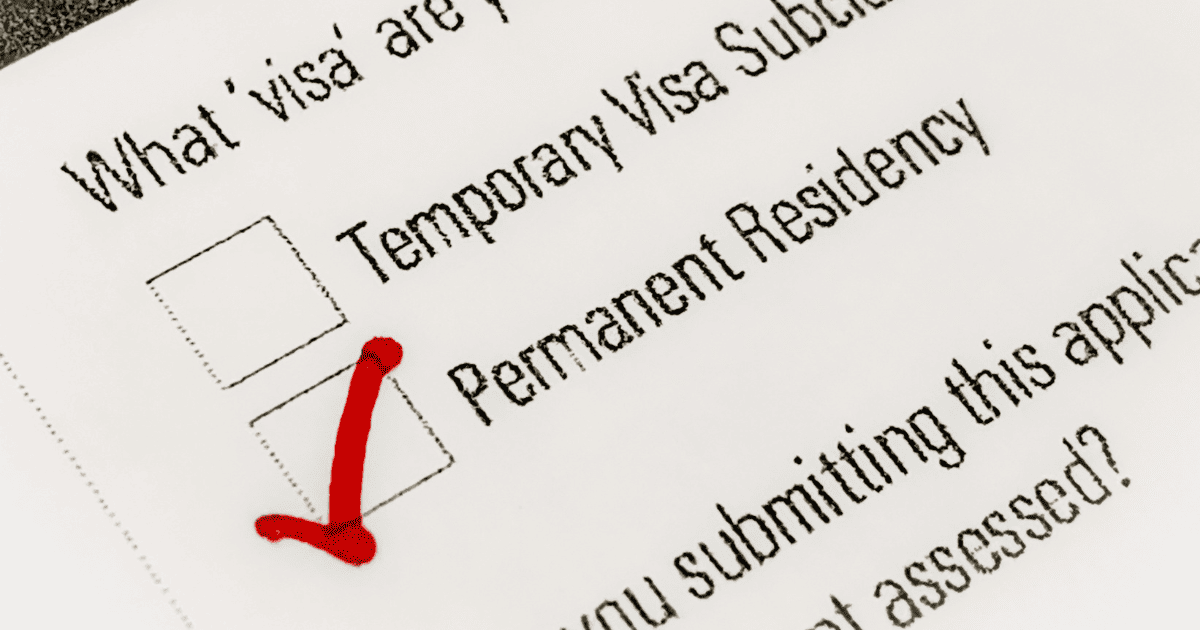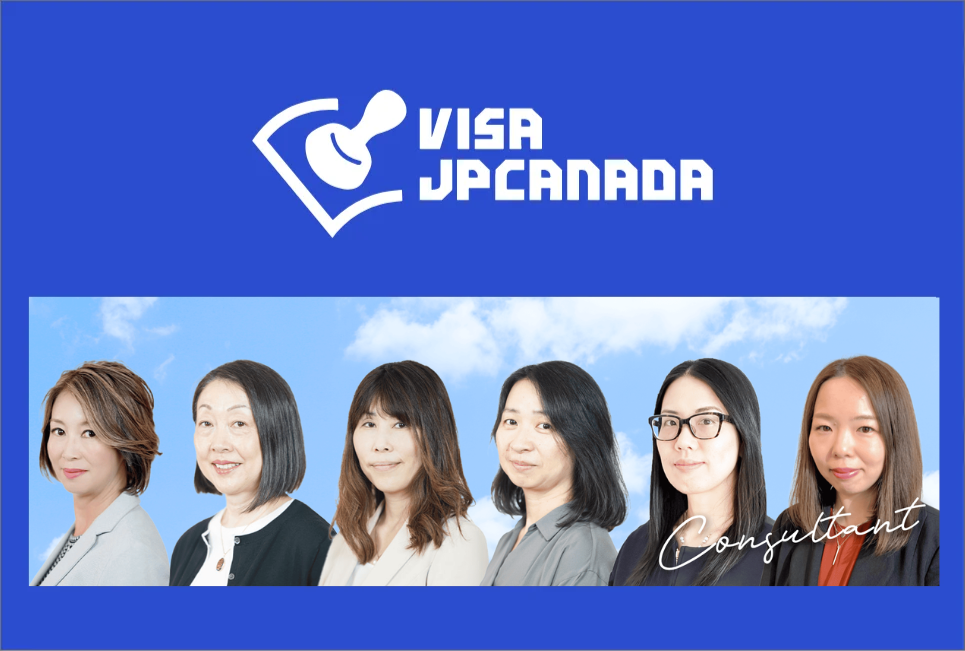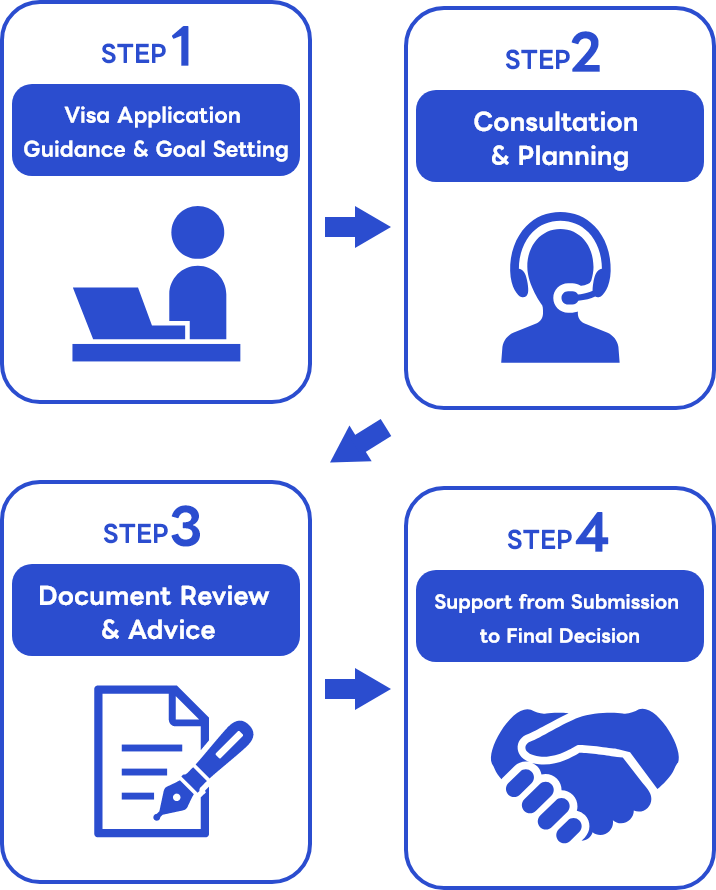Last Updated:February 19, 2026
What is the Agri-Food Pilot Program?
The Agri-Food Pilot Program is a time-limited permanent residence application category aimed at addressing labour shortages in Canada’s agri-food sector. It is open to experienced non-seasonal workers employed in specific agri-food industries and occupations. Applications will be accepted until May 14, 2025.
Target industries of the Agri-Food Pilot Program
The following industries, classified under the North American Industry Classification System (NAICS), are eligible for the Agri-Food Pilot Program.
Meat product manufacturing (NAICS 3116)
Greenhouse, nursery and floriculture production (NAICS 1114)
- Including mushroom production
Animal Production, excluding Aquaculture
- Cattle ranching and farming (NAICS 1121)
- Hog and pig farming (NAICS 1122)
- Poultry and egg production (NAICS 1123)
- Sheep and goat farming (NAICS 1124)
- Other animal production (NAICS 1129)
*Industries are categorized by codes under the NAICS system, and the job offer letter from a Canadian employer must include the following industry codes.
Eligible occupations for the Agri-Food Pilot Program
Eligible occupations under the National Occupational Classification (NOC) system in Canada for the Agri-Food Pilot Program are as follows.
Eligible occupations for the Agri-Food Pilot Program in Meat product manufacturing (NAICS 3116)
- Butchers – retail and wholesale (NOC 63201)
- Meat cutters and fishmongers – retail and wholesale (NOC 65202)
- Industrial butchers and meat cutters, poultry processors, and related Workers (NOC 94141)
- Agricultural service contractors and farm supervisors (NOC 82030)
- Specialized livestock workers and farm machinery operators (NOC 84120)
- Farm Workers (NOC 85100)
Eligible occupations in Greenhouse, Nursery, and Floriculture Production (NAICS 1114), including Mushroom Production
- Agricultural Service Contractors and Farm Supervisors (NOC 82030)
- Livestock Specialists, Agricultural Equipment Operators (NOC 84120)
- Livestock labourers (NOC 85100)
Eligible occupations in Livestock Farming excluding Aquaculture (NAICS 1121/1122/1123/1124/1129)
- Agricultural service contractors and farm supervisors (NOC 82030)
- Livestock Specialists, Agricultural Equipment Operators (NOC 84120)
- Livestock labourers (NOC 85100)
- Harvesting labourers (NOC 85101)
Cap on applications for the Agri-Food Pilot Program
The Agri-Food Pilot Program processes a maximum of 2,750 applications per year. There is no longer a specific annual cap for individual occupations. Starting from January 1st each year, applications are accepted on a first-come, first-served basis. If the program reaches its annual cap and an application is rejected, the application fee will be refunded.
Eligibility requirements for the Agri-Food Pilot Program
Minimum required work experience
- The work experience must be gained within Canada.
- Applicants must have at least one year (1,560 hours or more) of full-time, non-seasonal work within the last three years prior to applying.
- The work experience must be in an eligible occupation within the agri-food industry, as specified by the program.
- The applicant’s work experience must have been obtained while holding a valid work permit for a minimum of 12 months. The employer must also have a Labour Market Impact Assessment (LMIA) for the job. Work experience gained under open work permits (such as Working Holiday Visas or Post-Graduation Work Permits) does not count towards the required work experience for the program.
How work experience is calculated
Only hours worked in full-time employment (30 hours or more per week) will be counted.
- Work hours can be accumulated across different occupations or employers.
- Applicants must have worked for at least 12 months. Note: Even if you work 30 hours or more per week, this duration cannot be shortened.
- Unpaid volunteer work, internships, self-employment, or seasonal work do not count toward the required work experience.
Language proficiency
A language proficiency test in English or French, designated by Immigration, Refugees and Citizenship Canada (IRCC), must have been taken within the last two years before applying, with a minimum score of CLB 4.
| Test | Language | Reading | Writing | Listening | Speaking | |
|---|---|---|---|---|---|---|
| CLB4 | IELTS(アイエルツ) | English | 3.5 | 4.0 | 4.5 | 4.0 |
| CELPIP(セルピップ) | English | 4 | 4 | 4 | 4 | |
| PTE Core | English | 33-41 | 41-50 | 28-38 | 42-50 | |
| TEF Tests taken on or after December 11, 2023 |
French | 306-351 | 268-329 | 306-351 | 328-386 | |
| TEF Tests taken between October 1, 2019 and December 10, 2023 |
French | 300-349 | 300-349 | 300-349 | 300-349 | |
| TCF | French | 342-374 | 4-5 | 331-368 | 4-5 |
Educational background
- A minimum of a high school diploma is required.
- If the education was completed outside of Canada, applicants must submit an Educational Credential Assessment (ECA) result, as designated by IRCC.
Job offer
- The job must be in a valid occupation within an eligible industry.
- The employment must be full-time (at least 30 hours per week).
- The job must not be seasonal (employment must be consistent throughout the year).
- The job offer must be for permanent (unlimited duration) employment with no specific time limit.
- For unionized positions, the wage must be determined according to the relevant collective agreement.
- The wage must be at least the average wage for that occupation in the region, or higher.
- The job offer must be for employment outside of Quebec.
You must receive a job offer from an employer in one of the participating communities in the Rural and Northern Immigration Pilot Program. In addition to all of the above requirements, each region has its own specific criteria and employment process. To find a job, please follow the instructions on the region’s website. Once you have secured a job offer and met all other requirements, you can apply for a recommendation from the community.
Proof of funds
Applicants must have enough funds to support themselves and their family while in Canada, in accordance with the required financial thresholds. However, this requirement may be waived if you have a valid job offer and are legally authorized to work in Canada.
| Number of family members | Required funds (in Canadian dollars) |
|---|---|
| 1 | $13,757 |
| 2 | $17,127 |
| 3 | $21,055 |
| 4 | $25,564 |
| 5 | $28,994 |
| 6 | $32,700 |
| 7 | $36,407 |
| More than 7 | $3,706 for each additional family member |
Province of Residence
Applicants must intend to reside in a region outside of Quebec.
Application process for the Agri-Food Pilot Program
01Meet the eligibility requirements for the Agri-Food Pilot Program
For the permanent residence application, you must meet the eligibility criteria outlined above, including the required work experience, language proficiency, education, and other conditions.
02Submit your permanent residence application to IRCC
Create an account on the permanent residence online application portal, attach the required documents, and submit them to IRCC. If you are between the ages of 14 and 79, you will need to submit biometric data (fingerprints and photographs) as part of the application process.
03Review by IRCC
After IRCC completes their review, the applicant will receive a letter called the Confirmation of Permanent Resident (CoPR).
04Landing
Applicants from outside Canada will enter Canada with their Confirmation of Permanent Resident (CoPR). Applicants from within Canada can complete the landing process online.
05Receive your Permanent Resident (PR) card
Your PR card will be delivered to the designated address within Canada within a few months.
Related Columns

Date Posted:February 5, 2026
New Brunswick Immigration Tightens PR Selection|Who Still Has a Realistic Path and Who Must Rethink Strategy

Date Posted:January 29, 2026
Express Entry:Four Strategic Lessons from the Largest Draw in History on
Related News
Looking to obtain permanent residence or a visa?
Consult with us now!

Applying for permanent residence or a visa to Canada on your own can be overwhelming due to the large number of required documents, and you may feel uncertain about whether everything is correct. However, if you're serious about immigrating to Canada, we strongly recommend seeking the support of an immigration consultant. There are many pathways to obtaining permanent residence, depending on factors such as your age, occupation, and family status. With the help of an expert, you can ensure that you plan the right approach tailored to your specific situation.
A professional immigration consultant will help solve your concerns
Get a free Counseling now
From immigration planning to application submission,
everything is completed with Visa JP Canada


Consulting with an immigration consultant makes the process clearer and much smoother. You’ll feel more confident with document submissions and procedures, significantly reducing the risk of mistakes. Take the first step toward your Canadian dream with the guidance of an expert.




